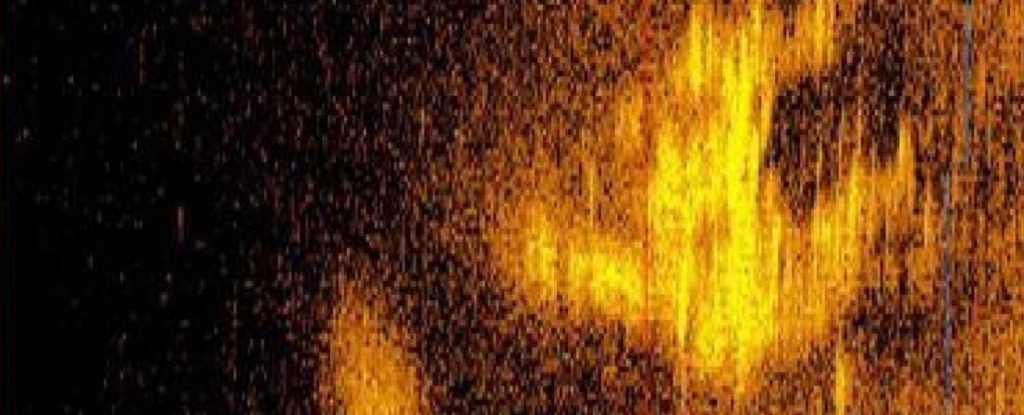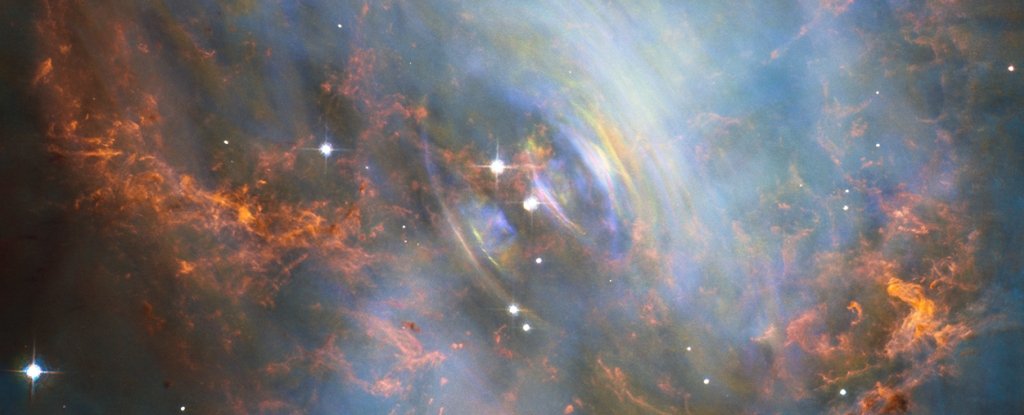ARTICLE AD
Tim Burton’s follow-up to his 1988 horror comedy classic arrives guaranteed to lure in viewers, especially the legions who’ve long been in love with Beetlejuice, its characters, and its wildly original ideas about what really goes on in the afterlife. And for nostalgia alone, the sequel couldn’t be more potent, returning fans to that white Victorian on the hill for a reunion with Lydia Deetz (Winona Ryder) and a certain chaotic bio-exorcist (Michael Keaton). For that alone Beetlejuice Beetlejuice very nearly justifies its existence. But though the movie is entertaining and eye-popping (sometimes literally), anyone expecting a new classic may feel a certain disappointment.
Beetlejuice Beetlejuice‘s biggest problem is, unsurprisingly, its own towering legacy. How do you top a near-perfect movie? Without the life-after-death journey of Adam and Barbara Maitland (Alec Baldwin and Geena Davis’ characters, who get a couple of quick mentions but are otherwise absent) to anchor the story—we know what awaits the recently deceased this time around—the emotional focus is on Lydia. It’s wonderful to see Ryder slip back into her breakout character, but any human at all would make a less exciting protagonist than two awkward and confused new ghosts.
And our former teen goth idol’s life isn’t going so well. Her ghost-whispering talents have made her a minor celebrity, hosting a haunt-hunting TV show produced by her boyfriend, Rory (Justin Theroux), who pretends to be enlightened but is obviously an emotional vampire. Her relationship with her stepmother, Delia (Catherine O’Hara)—whose art milieu has morphed from sculpture to video, and is pretentious as ever—has defrosted into something resembling affection, but Lydia’s deeply resented by her teenage daughter, Astrid (Jenna Ortega), who thinks she’s a fraud because for all her sixth-sense abilities, she’s never once made contact with Astrid’s not-so-recently deceased father. And there’s another deceased father, too: Charles Deetz, whose elaborately awful demise is the reason the three generations return to that familiar house in Connecticut. (It’s a convenient kick-off for the story, and also a convenient way to justify the absence of disgraced actor Jeffrey Jones.)
 © Warner Bros.
© Warner Bros. While the Deetz women are grappling with their various levels of grief and resentment, there’s a parallel narrative going on beyond the veil: Beetlejuice’s long-discarded wife, Delores (Monica Bellucci), is prowling for revenge. Delores offers an entry point for Beetlejuice Beetlejuice to further explore the idea that ghosts can actually “die,” as suggested by the first Beetlejuice movie. The story also pokes deeper into ways the Handbook for the Recently Deceased can be used and abused, and because it spends so much time in the afterlife, we get a greater glimpse of what that world is like; it’s visually astounding, but also leans on “hey, remember this?” gags from the first movie, including the shrunken-head character and the purgatorial waiting room. Beetlejuice Beetlejuice really, really loves that waiting room.
The afterlife also gives us more to ponder this time around, including the notion that… the undead need a police force? Willem Dafoe is a welcome sight in any movie, but his character here—a B-movie actor living out his cop fantasies, complete with a fawning blonde secretary constantly handing him coffee—isn’t very well integrated into the story. It’s clearly meant to be an extension of the “afterlife as a bureaucracy” schtick from the first movie, but doesn’t feel nearly as clever. Beetlejuice himself is also stuck in that bureaucracy, running his bio-exorcist business, but—especially when he learns that Delores is after him—he’s fixated on Lydia being his ticket back to the world of the living. He’s still devious, selfish, and crass, but he’s perhaps mellowed a tiny bit. And this time around, he’s not even the worst villain in the story, as far viler opponents target the Deetz women for their own purposes.
 © Warner Bros.
© Warner Bros. If the plot is overall a bit clunky and disjointed, at least it’s never boring, thanks in large part to Beetlejuice Beetlejuice‘s stunning production design, a quality even Burton’s most regrettable films share. Beetlejuice Beetlejuice isn’t regrettable, but it’s also kind of forgettable. That’ll be an advantage when it inevitably becomes an annual Halloween re-watch—it literally takes place on Halloween, a clear if cynical sign it already knows exactly where it will fit into future pop culture.
Beetlejuice Beetlejuice hits theaters September 6.
Want more io9 news? Check out when to expect the latest Marvel, Star Wars, and Star Trek releases, what’s next for the DC Universe on film and TV, and everything you need to know about the future of Doctor Who.

 2 months ago
18
2 months ago
18 

